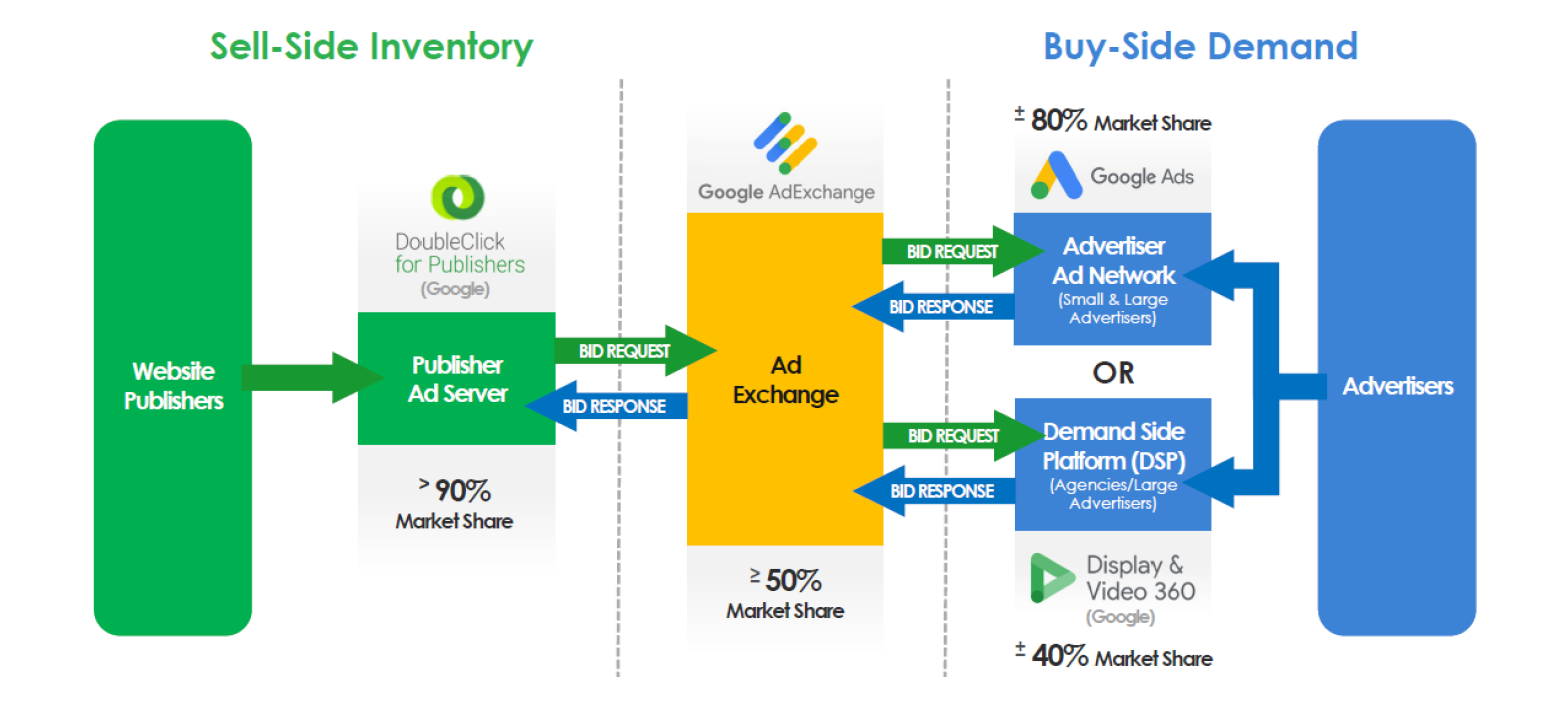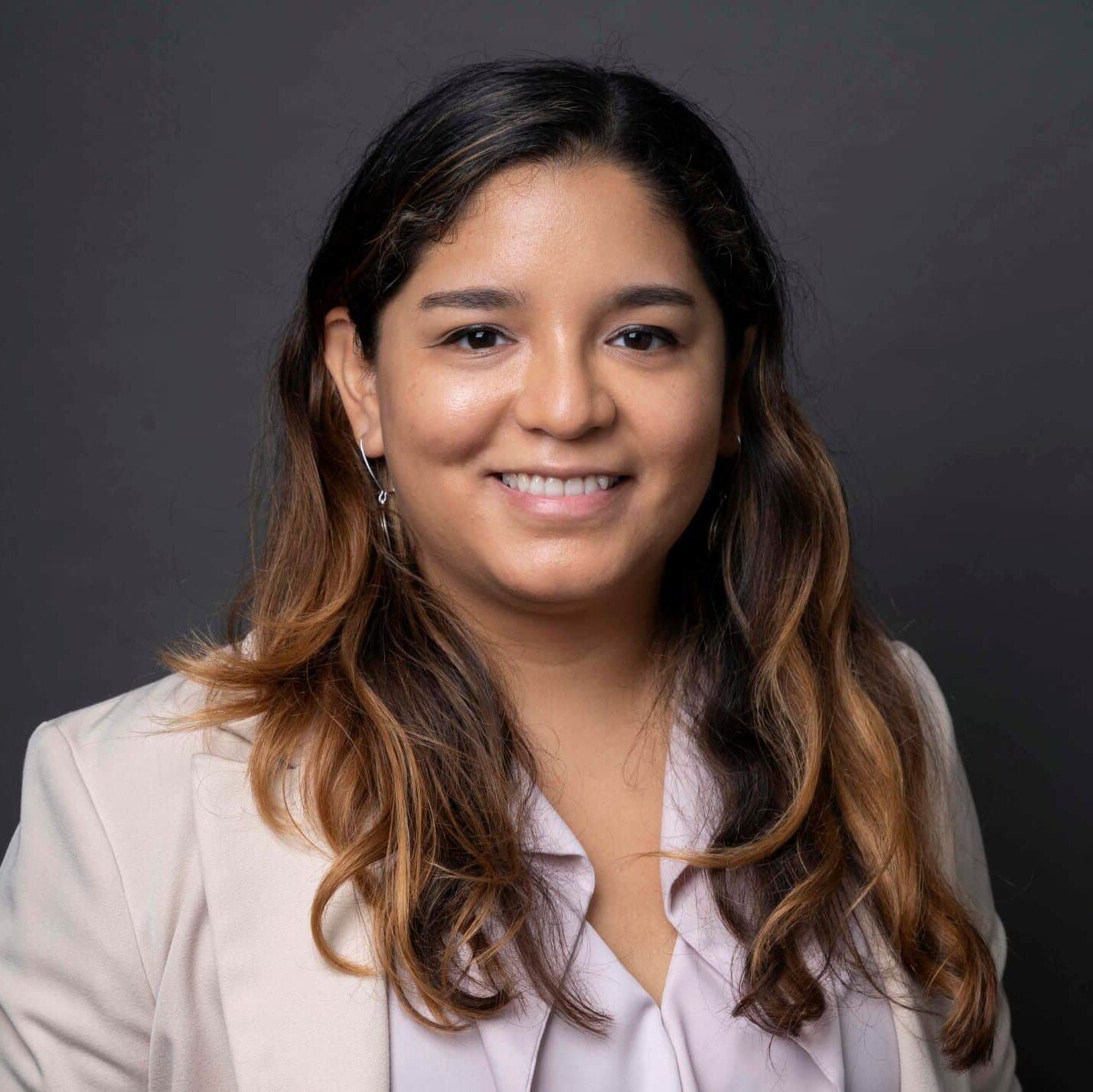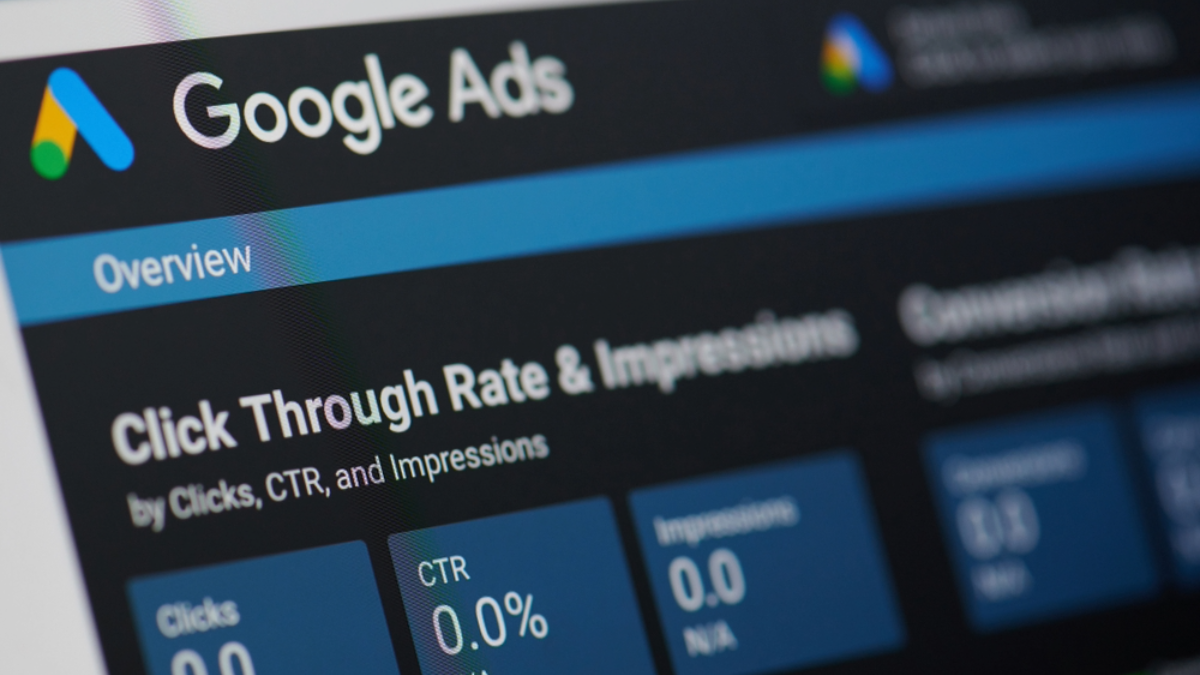The Countdown to the Google Ad Tech Trial Is On: Here’s What You Need to Know
Karina Montoya / Feb 26, 2024Karina Montoya researches and reports on broad media competition issues and data privacy at the Center for Journalism & Liberty, a program of the Open Markets Institute, in Washington, D.C.
The steps leading up to the jury trial that Google will face this year over monopolization of digital advertising technologies (“ad tech”) are all set. At the pre-trial conference on Friday, February 23, presided over by Judge Leonie Brinkema in a federal court for the Eastern District of Virginia, one thing stood out: she made it clear she does not want to repeat the chaos and impasses of the Google Search monopoly trial in Washington, DC — which wrapped in November 2023 and is awaiting a judge’s ruling.
During the conference, which set the scene for what to expect before and during the trial, Judge Brinkema urged the Department of Justice (DOJ) and Google to solve any disputes about posting exhibits for the public record ahead of time, after acknowledging that disagreements over this matter in the Google Search case delayed both the trial and access to public records. “I do not want to see this same problem happen […] This trial will not stop to resolve this [matter],” she said.
Brinkema was referring to the time when, about weeks into the Google Search trial in DC, Google challenged the DOJ’s posting of evidence on a government website, which led to the material’s removal for a full week. The move caused uproar among journalists covering the case, observers, and advocates for freedom of the press. The New York Times, with the support of other publications, ended up filing a motion demanding that the court give reporters access to admitted trial exhibits.
The pre-trial conference on Friday helped clarify Judge Brinkema’s expectations of how the Google Ad Tech trial, to kick off on September 9, should transpire. It also helped solve scheduling disagreements about the process leading up to that day.
The Google Ad Tech Trial: A Quick Summary
The Department of Justice, now joined by 17 states, is suing Google for maintaining an illegal monopoly over digital advertising technologies, also known as “ad tech.” Such ad tech products make up the backbone that connects advertisers and news publishers on the web, driving an industry worth almost $300 billion in the US, where Google controls most of the tools to sell, buy, and load online ads.
Ad tech tools are identified in three groups: publisher ad servers (for publishers to manage their ad spaces), ad buying tools (for small and large advertisers to buy ads), and ad exchanges, where the first two meet. Per the DOJ lawsuit, Google, which maintains a dominant position across the ad tech supply chain, exploits conflicts of interest to its benefit through anticompetitive practices that hurt rivals and Google’s customers (publishers and advertisers). For example, by manipulating ad prices to benefit its own pockets and lock out rivals, and buying and killing competitors to tighten its grip over this market.

DOJ depicts Google’s dominance in each product market of the ad tech stack that connects publishers with advertisers. Source.
What Judge Brinkema Expects from The Google Ad Tech Trial
The jury trial date is unmovable.
The first order of business of the Friday conference was to re-confirm the trial date Judge Brinkema had already set for September 9. Court filings show that Google intended to request the trial date to be moved up to July 8, 2024, arguing that the September date conflicted with its attorneys, who were also working on another case (ARM v Qualcomm) with a similar trial date. But Judge Brinkema called out Google on this request and said she would not move the September 9 date. “I’m sure Google has enough lawyers to solve this. This shouldn't be an insurmountable problem for you,” she said.
Jurors and trial days.
Although only six jurors are needed for civil cases, Judge Brinkema is set on having 10 jurors for this case. In total, the trial shouldn’t last longer than six weeks. In fact, the judge said she might even “rule from the bench.” A typical trial day would go from 9:30 am to 6 p.m. Jurors will be allowed to take notes. She didn’t confirm if jurors would be allowed to ask questions during the trial, but she said she would keep “an open mind” about it. Given the complexity of the case, Judge Brinkema said she would welcome Google and the DOJ presenting a tutorial to the jurors explaining how the ad tech market works, which would potentially include a “glossary of terms” jurors would consult during the trial. But Brinkema warned the parties that she would not “waste time” on solving disagreements about the tutorial contents, so she urged the parties to solve that ahead of time.
A pledge to more transparency.
Judge Brinkema was also clear that she wants “to make sure the general public has access to the trial.” However, there was no mention of a livestream or media broadcast. Instead, she said there will be an overflow room outside the courtroom where the trial will be broadcast – something that was also set up at the Google Search trial in DC. Typically, journalists can come and go into these overflow rooms in between dispatching reports.
She also clarified that if a broadcast is needed (assuming, for the overflow room), the courtroom has audio and video capabilities to show only the unsealed exhibits presented in the trial. If so, this will mark an important difference with the Google Search trial in DC, where the judge kept entire trial days behind closed doors because Google anticipated it would have to disclose sealed confidential information on a given day. Back then, Google worried the court room wouldn't be able to prevent a “leak.” Judge Brinkema’s statements seem to indirectly address that.
What happens until September?
Before the jury trial kicks off, the DOJ and Google have to overcome several stages of discovery, which include selecting witnesses, sharing evidence, holding hearings for motions to seal/unseal evidence, and agreeing on redacted documents, to name a few things that have to happen. Both parties presented a joint schedule for such a process, which was filled with disagreements on deadlines for each step. A new schedule that solves such disagreements was posted on Friday night.
Some important deadlines to keep in mind are April 26, when parties have to present motions for summary judgements – relevant for Google to request that some portion or all of the DOJ complaint does not go to trial. June 14 is the deadline for oral arguments on summary judgment motions, which would be relevant for the DOJ to make sure all its claims go to trial. By the end of July, it should be clear what witnesses will take the stand and what other third parties will be deposed, and what portions of such depositions will be unsealed to the public.
Authors

